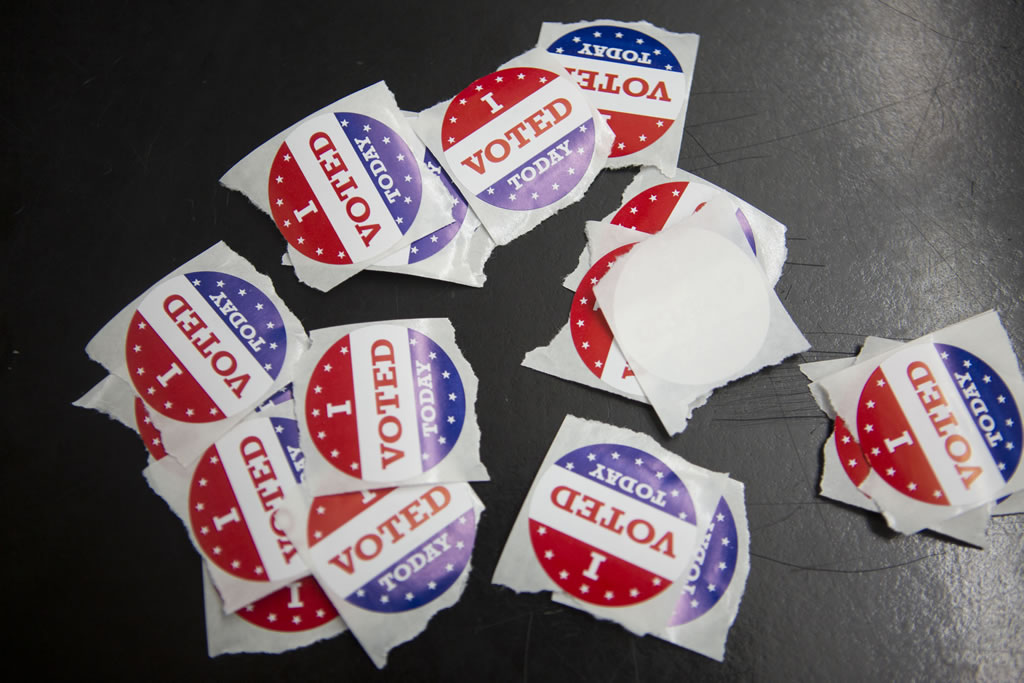Home » Battleground Wisconsin » BG WI Newsletter » Federal judge expresses doubt over mail-in ballot timeline

A federal judge expressed doubts that voters who wait until the state-imposed deadline to request absentee ballots will be able to return them by Election Day as required under Wisconsin law. Still, Judge William Conley peppered lawyers during a hearing Wednesday over whether he should order relief for voters to avoid those who ask for their ballots close to Election Day to end up not having them ...